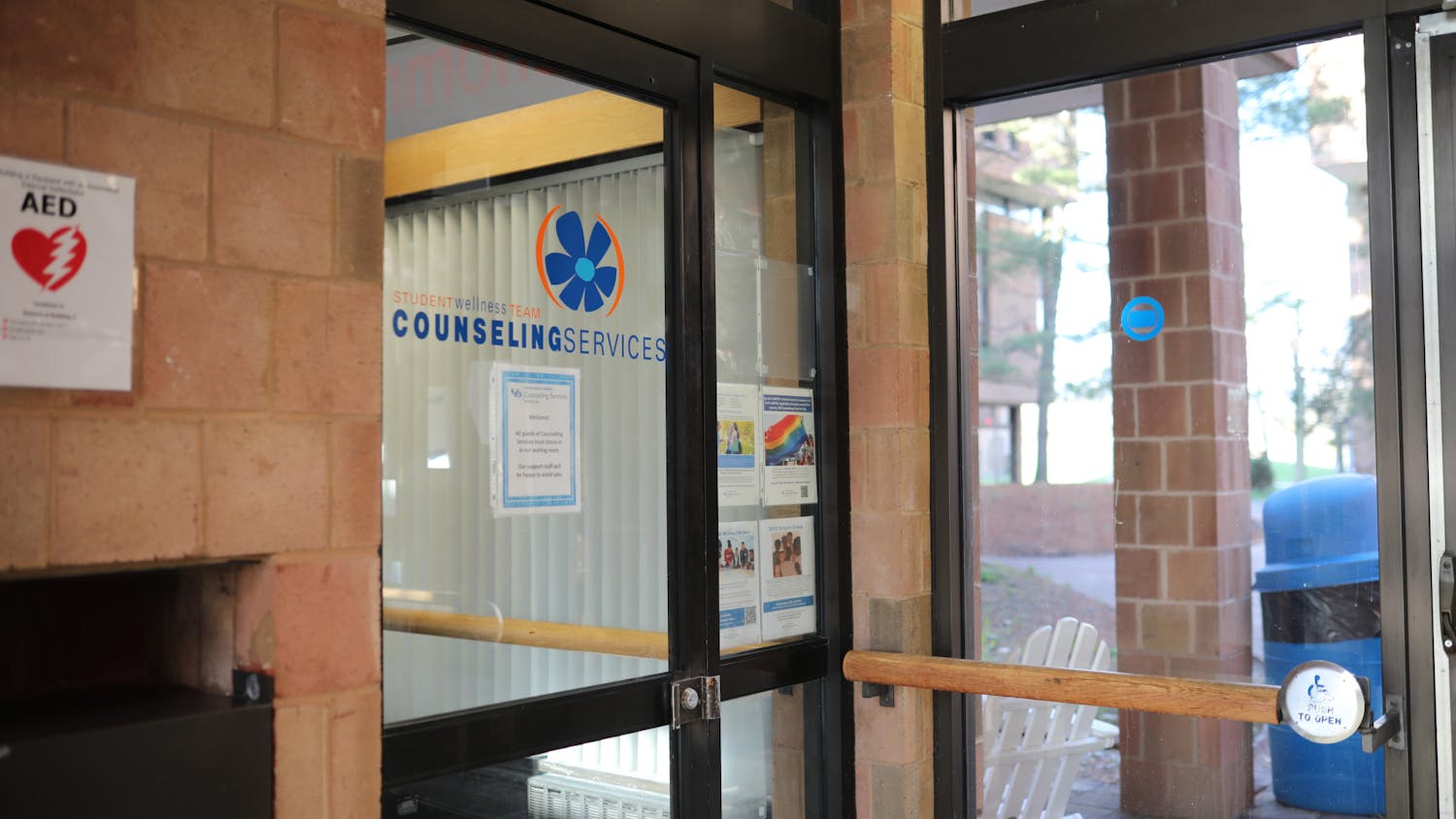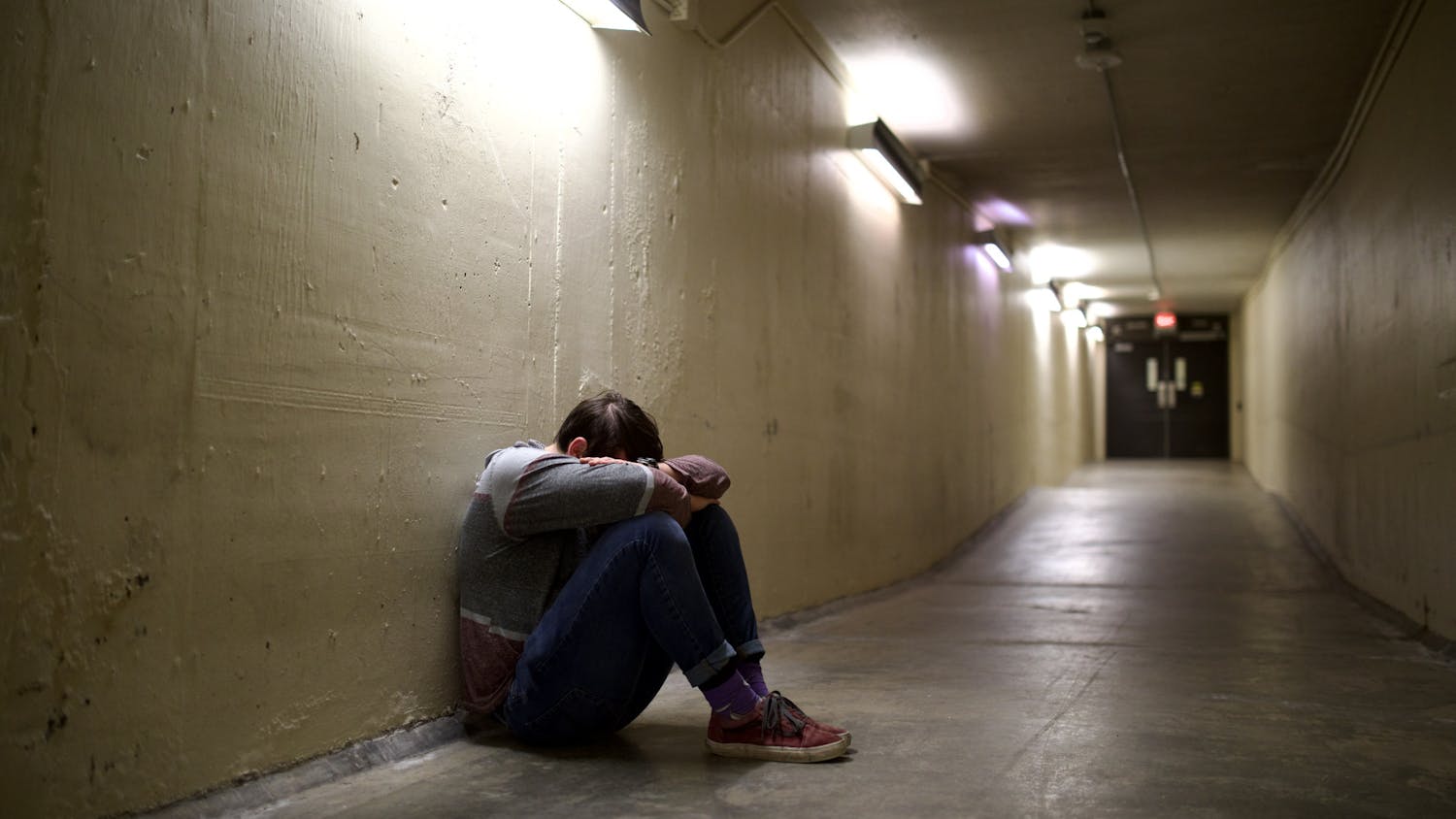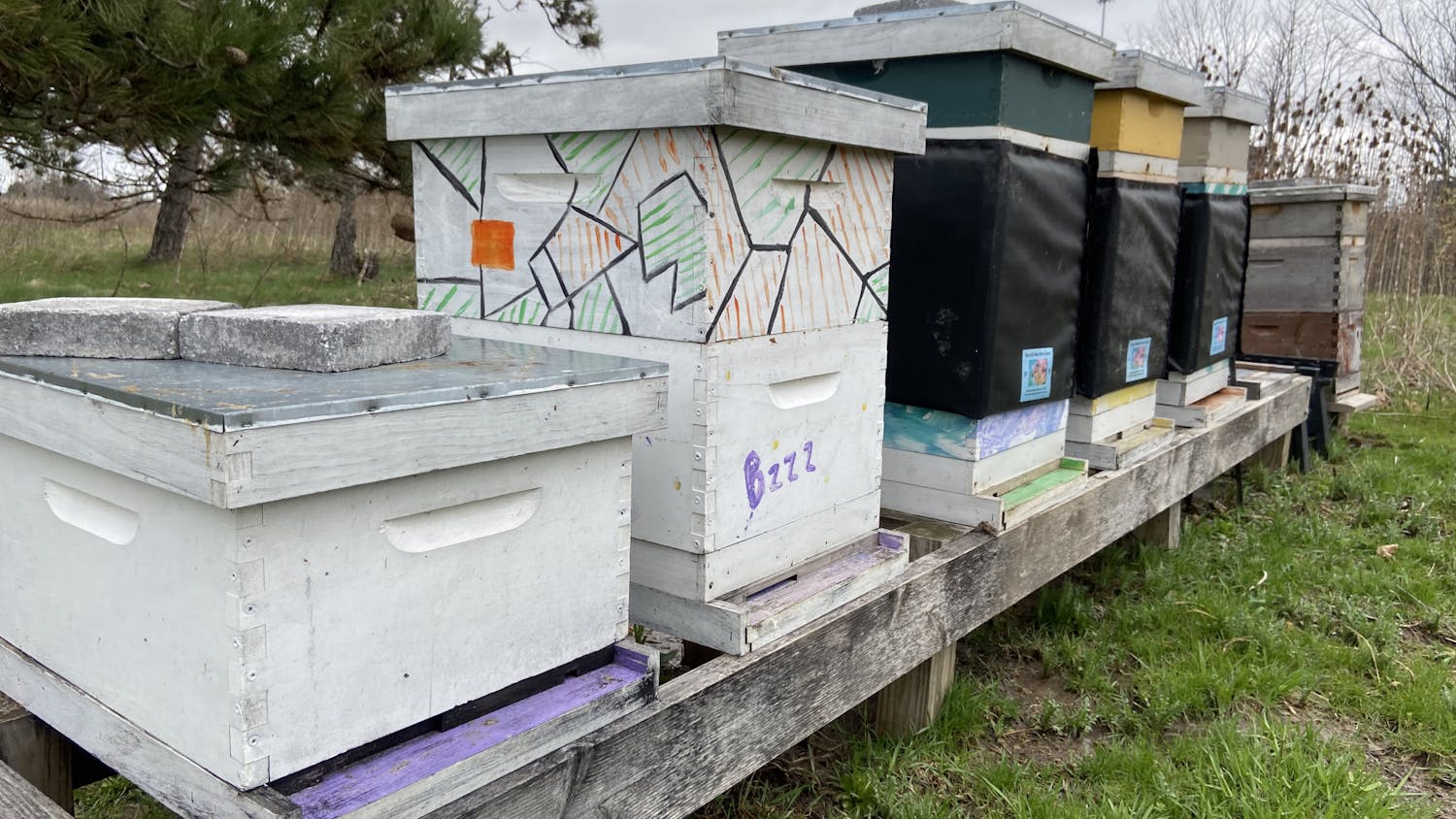My first day of college was everything the movies carved it out to be – completely stereotypical, with the crying mother and at least 1,000 “don’t forget to call me every night” goodbyes.
My father, who is not an emotional man by any means, was choking back tears as he rounded the corner to leave my floor. While my parents were only two in the sea of thousands of others who kissed their children goodbye for the first time, they had every reason to be extra nervous.
The child they were leaving behind wasn’t even an adult in the eyes of the state yet – I was only 16.
My birthday falls in November, therefore making me the youngest person in my graduating class off the bat.
To emphasize the drama of this situation, I had completed a full two semesters worth of college credits during my senior year of high school. I was entering university as a sophomore before I was even old enough to drive past 9 p.m.
Going to college also permits a lot of freedom.
Most parents are anxiety-ridden about leaving their fresh-to-adulthood children on a campus where they will have no control over their actions. My parents had the added concern that their child is in classes with primarily sophomores and juniors who are at least two years older.
Your parents are nothing more than a phone call that you choose to either answer or ignore. New college freshmen can get all of the tattoos and piercings that their wallet will allow and their ID allows them into any 18-plus clubs.
But I can’t participate.
My roommates were discussing sneaking a weekend trip to Toronto without telling their parents while I was quietly expressing devastating grief because I’m not even old enough to be the sole name on my credit card account. Any transactions I make will be neatly printed on my monthly statement, which is sent right back to my parents at home.
Freedom is still just an illusion for students like me who got an early start.
Walking the thin line between, “I’m free because my parents aren’t watching me first-hand,” and “if I mess up, my parents will be notified and they will kill me,” can be tricky.
So what does that mean for students like me who are just a little bit behind their peers in age?
It means taking advantage of every on-campus social opportunity available because it’s the only prayer for a social life that we have. We won’t meet our new friend group downtown; instead we have to overcome the crippling anxiety that comes with icebreakers in social settings that do not offer the advantages of substance-elevated confidence.
It means that when all of your best friends go out and and get matching tattoos that will last eons longer than the relations they actually signify, you’ll likely be hanging out in the library or looking for friends in the dining halls.
While this can be seen as detrimental to social development, some people, including myself, find that this disadvantage of age is an advantage in the long run.
I might not be able to take a weekend excursion to Ottawa with my friends, but I will graduate earlier than most and therefore get a major head start in the workforce.
Not to mention, having the voice of reason – A.K.A. my parents hanging over my head –is a really great way to abstain from decision-making that I will ultimately regret.
email: features@ubspectrum.com
Mallory Mailen is a staff writer for the features desk and can be reached at features@ubspectrum.com





